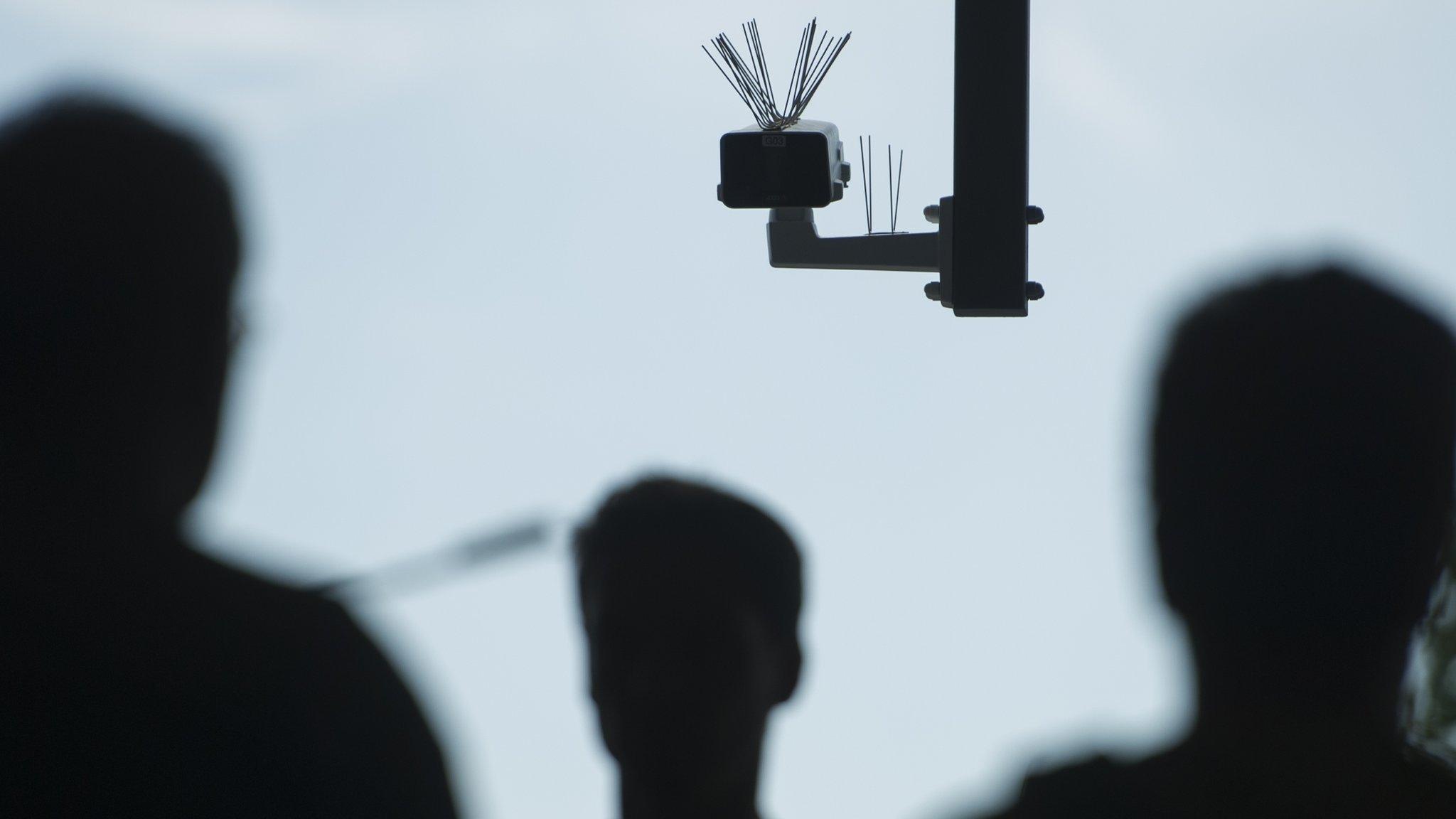South Wales Police allows facial recognition challenge
- Published
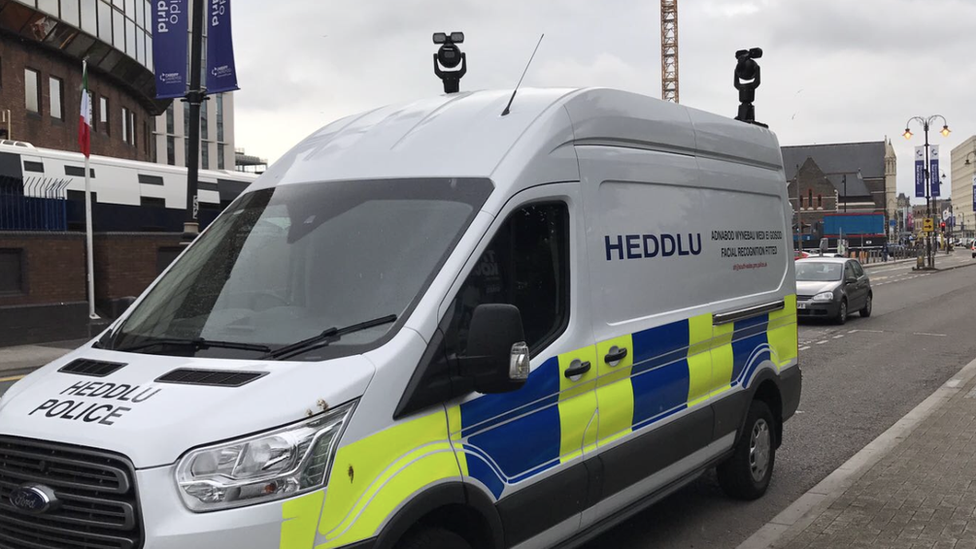
Chief Constable Matt Jukes said it was "no secret" the force used the equipment, which was "there to protect people".
A Welsh police force will not attempt to block a legal challenge to its use of facial recognition technology.
Cardiff man Ed Bridges said South Wales Police's use of automated facial recognition (AFR) technology was "indiscriminate" and "dystopian".
The force's response now paves the way for a High Court battle likely to have a significant impact on privacy law in the UK.
South Wales Police said its use of AFR was "lawful and proportionate".
Mr Bridges, represented by human rights organisation Liberty, had earlier threatened legal action if the force did not end its use of AFR.

Ed Bridges is crowdfunding his legal challenge
"This dystopian style of policing has no place in Cardiff or anywhere else and I am delighted this legal challenge will go ahead," said Mr Bridges.
A United Nations privacy expert recently described the force's use of AFR as "chilling".
Three UK police forces have used AFR technology in public spaces since June 2015 - South Wales, the Metropolitan Police and Leicestershire Police.
South Wales Police has used AFR in public spaces on at least 22 occasions since last May, Liberty claimed.
This includes the Champions League final in Cardiff in May, where it emerged that of the 2,470 potential matches made using AFR, 92% (2,297) were wrong.
Mr Bridges added: "The police's indiscriminate use of facial recognition technology on our streets makes our privacy rights worthless and will force us all to alter our behaviour - it needs to be challenged and it needs to stop."
Liberty welcomed the force's decision not to try and block the challenge.
The first arrest using automatic facial recognition was made by South Wales Police
"We are pleased South Wales Police has recognised the importance of this issue and agreed to a judge reviewing its actions," said Megan Goulding, lawyer for Liberty.
"The police's creeping rollout of facial recognition is not authorised by any law, guided by any official policy or scrutinised by any independent body."
A police spokesperson said: "South Wales Police has been cognisant of concerns surrounding privacy and are confident that our approach is lawful and proportionate."
Members of the public have so far donated more than £3,450 to help Ed's challenge.
- Published13 December 2017
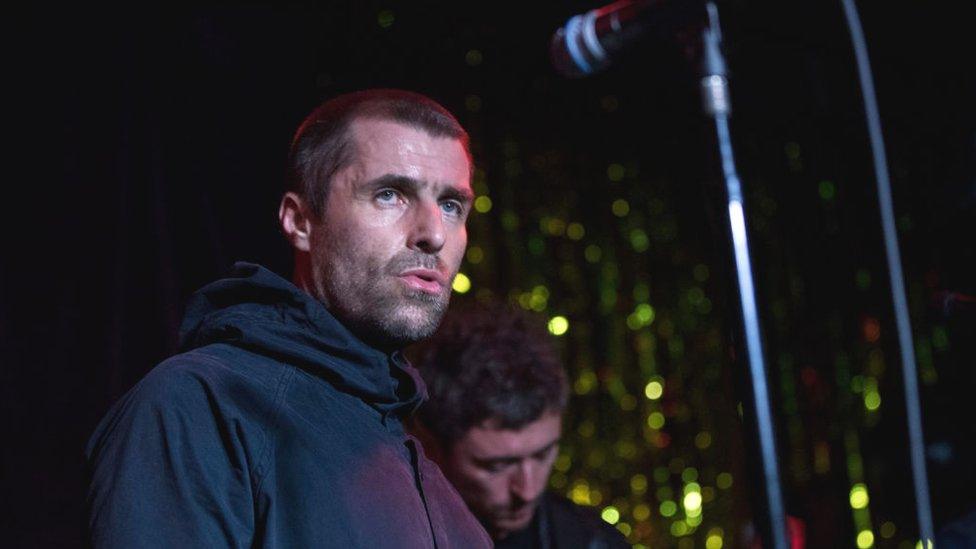
- Published2 June 2017

- Published27 April 2017

- Published4 May 2018
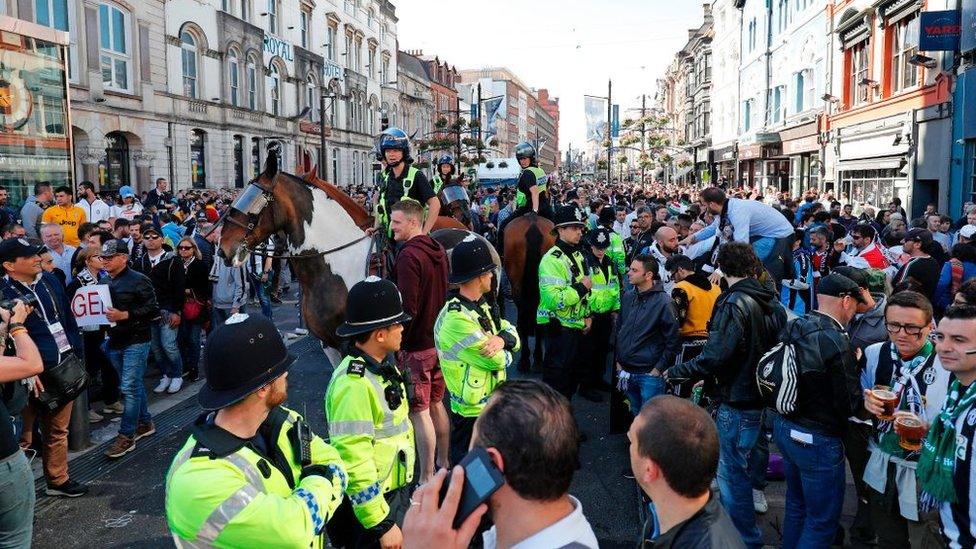
- Published25 March 2018
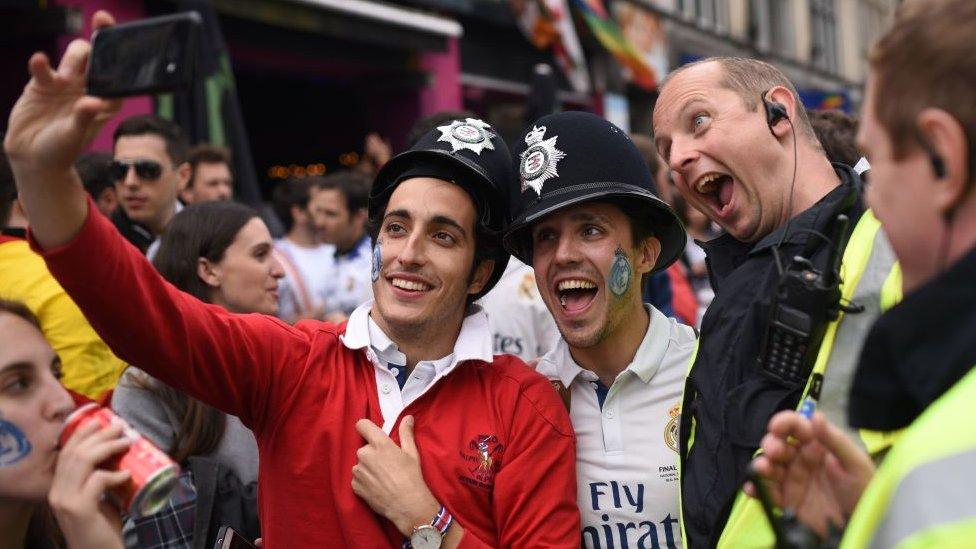
- Published29 June 2018
